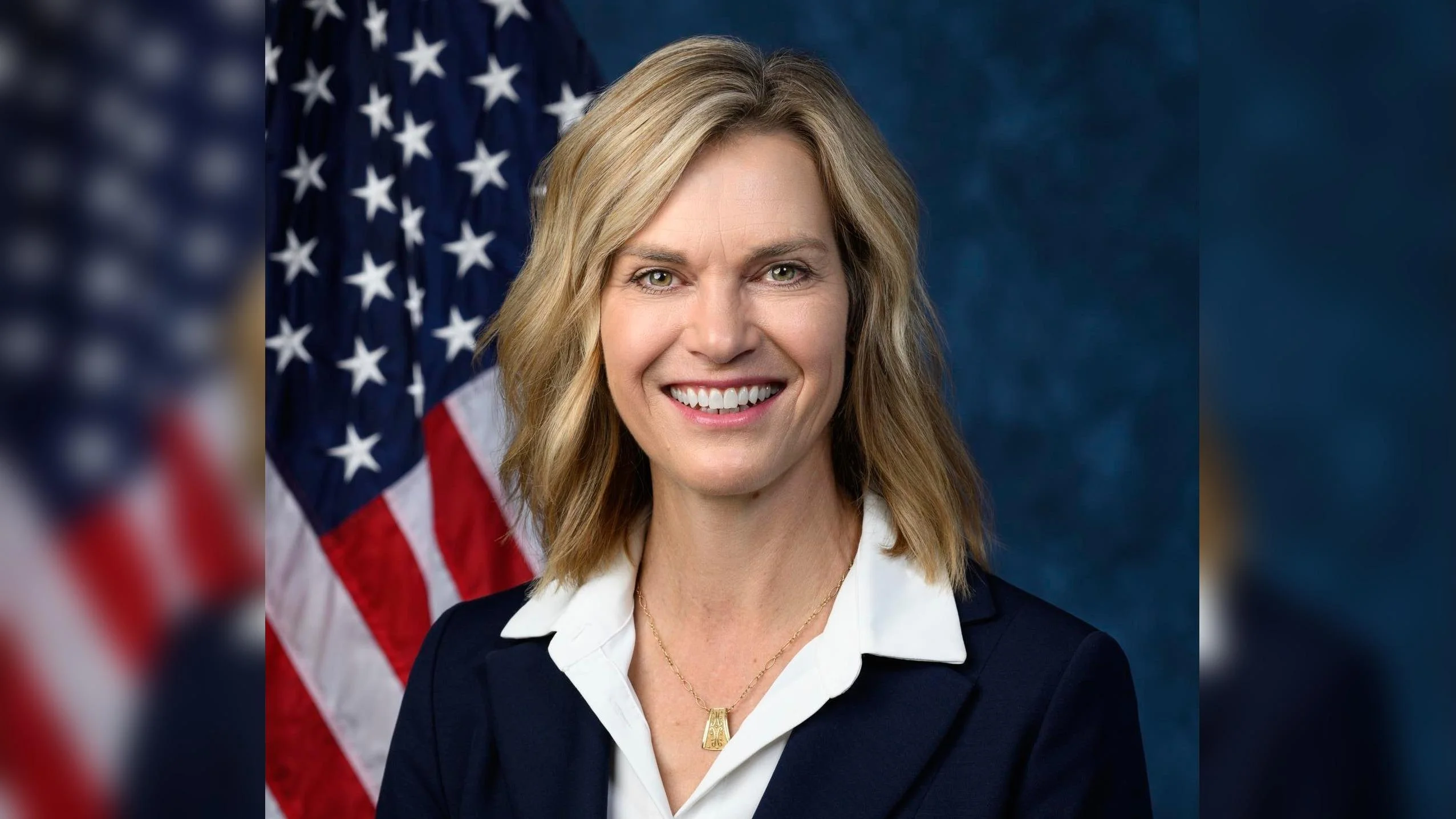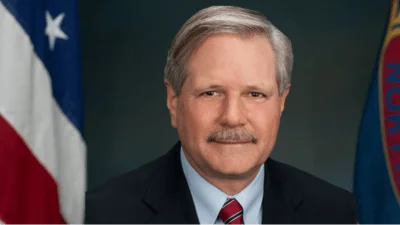Julie Fedorchak Congresswoman | Official Website
Julie Fedorchak Congresswoman | Official Website
In Washington, D.C., Congresswomen Julie Fedorchak of North Dakota and Harriet Hageman of Wyoming have introduced the Landowner Easement Rights Act. This legislative proposal seeks to prohibit conservation easements exceeding 30 years under the Department of Interior. The bill allows landowners the flexibility to renegotiate terms, renew agreements, or buy back conservation easements at fair market value.
"North Dakota landowners are among the best stewards of our natural resources, and they don’t need the federal government locking up their land forever," Fedorchak stated. She highlighted that the measure "restores balance, gives landowners flexibility, and allows them the freedom to reassess, renegotiate, and reclaim control over their property."
The current policy of perpetual conservation easements is criticized for limiting private property rights. Hageman explained, "Americans seeking new means of conservation and financial returns on their land enter conservation easements and soon discover they’ve ceded some of their most important private property rights." The new bill would ensure that future generations have the ability to make decisions regarding their properties.
Margaret Byfield, Executive Director of American Stewards for Liberty, supports the proposal, stating, "Rep. Hageman and Fedorchak’s 'Landowners Easement Rights Act' limit the easements held by the Department of the Interior to 30 years." She believes this step is crucial for restoring property rights and reducing federal control over landowners.
Conservation easements generally involve legal agreements allowing landowners to use their property while relinquishing development rights to meet conservation goals in exchange for tax benefits. However, these easements can result in the loss of development opportunities, reduced local revenue, and increased federal dependency.





 Alerts Sign-up
Alerts Sign-up